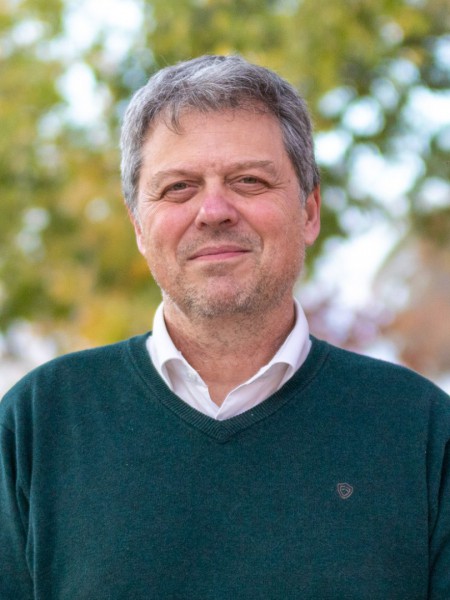abstract
Green technologies for the development of drug delivery systems (DDSs) are important to lower the environmental impact associated with drug manufacturing and may help in decreasing risks associated with common excipients. All-aqueous technologies may be plausible routes to realize the sustainable and safe development of DDSs. In general, the aqueous processing of polymeric materials culminates in the formation of structures that behave as hydrogels, which have been widely used in the fields of tissue engineering and regenerative medicine, agriculture, and food development. Although a high number of studies can be found involving hydrogels for controlled drug delivery purposes, they usually focus on the encapsulation and controlled release of medium to large sized molecules (usually proteins). Concerning the controlled release of small hydrophilic molecules (<1000 Da), few examples are available, and from the point of view of clinical translation and market approval, examples are even scarcer. Retention in the encapsulating matrix normally relies on drug-polymer interactions since the regulation of the mesh size of the network is not sufficient to provide a controlled release of such drugs or depends on steps that lead to low initial drug contents in the matrix. Here, we critically discuss the advantages of green approaches for producing DDSs and highlight the main advances in the challenging task of using matrices fabricated in all-aqueous settings for the encapsulation and release of small hydrophilic drugs.
subject category
Chemistry; Science & Technology - Other Topics
authors
Neves, BS; Goncalves, RC; Mano, JF; Oliveira, MB
our authors
Projects
Advancing the Regenerative and Translational Potential of Cellular Fibers (CellFi)
CICECO - Aveiro Institute of Materials (UIDB/50011/2020)
CICECO - Aveiro Institute of Materials (UIDP/50011/2020)
Associated Laboratory CICECO-Aveiro Institute of Materials (LA/P/0006/2020)
Collaboratory for Emerging Technologies, CoLab (EMERGING TECHNOLOGIES)
acknowledgements
This work was financially supported by the Programa Operacional Competitividade e Internacionalizacao, in the component FEDER, and by National Funds (OE) through FCT/MCTES, in the scope of the projects "CellFi" (PTDC/BTM-ORG/3215/2020), and CICECO-Aveiro Institute of Materials, UIDB/50011/2020, UIDP/50011/2020 & LA/P/0006/2020. M.B.O acknowledges National Funds through FCT - Fundacao para a Ciencia e a Tecnologia, I.P., under the Scientific Employment Stimulus - Institutional Call - CEECINST/00013/2021.




